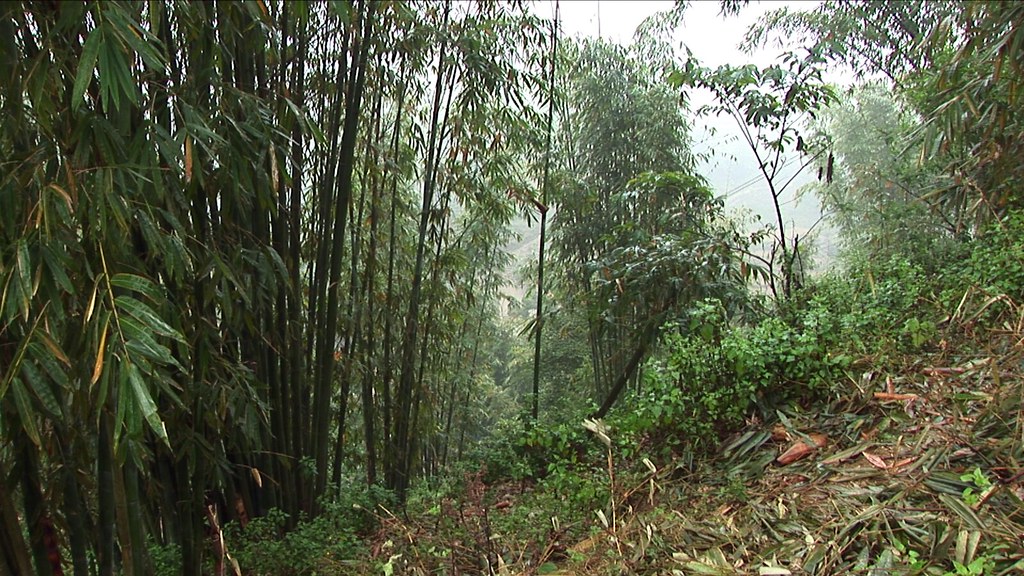Common Concerns Regarding Safaris to Uganda
Uganda, the “Pearl of Africa,” is one of the most rewarding safari destinations in East Africa—home to lush rainforests, snow-capped mountains, and the world’s most intimate encounters with mountain gorillas. Yet, for first-time travelers, questions and concerns often arise when planning a safari to Uganda. Is it safe? What about health precautions, transport, or weather? Understanding these common concerns can help you prepare confidently and focus on what really matters—enjoying the journey of a lifetime.
1. Is Uganda Safe for Tourists?
Safety is one of the most frequent concerns among travelers, and the reassuring truth is that Uganda is one of Africa’s safest countries for tourism. The country has enjoyed years of political stability, and major tourism regions like Bwindi, Kibale, Queen Elizabeth, and Murchison Falls are well-protected and monitored by the Uganda Wildlife Authority. Local communities are welcoming, and tourism plays a vital role in their livelihoods. Travelers are advised to exercise the same common-sense precautions they would anywhere—avoid isolated areas at night, use registered tour operators, and keep valuables secure—but overall, Uganda is peaceful and hospitable.
2. Do I Need to Worry About Health and Vaccinations?
Health concerns are understandable when traveling to a tropical country. Before visiting Uganda, travelers are required to present a Yellow Fever vaccination certificate, as this is mandatory for entry. Other recommended vaccinations include Hepatitis A, Typhoid, and Tetanus. Malaria is present in most parts of Uganda, so taking prophylaxis and using insect repellent is advised. Bottled and filtered water are widely available at lodges and safari camps. Most safari lodges, especially in national parks, maintain high hygiene standards, offering safe meals and drinking water.
3. How Reliable Are Transportation and Roads?
Uganda’s road infrastructure has improved significantly in recent years, making travel between parks much easier. While major highways are paved and in good condition, some park roads—especially in rural areas—can be rough, particularly during the rainy season. Reputable tour operators use 4×4 safari vehicles designed for such terrain. Domestic flights are also available for travelers who prefer to save time, with scheduled flights from Entebbe to key destinations like Kisoro, Kihihi, Kasese, and Pakuba.
4. What About Gorilla Trekking Safety?
Gorilla trekking, Uganda’s most iconic adventure, is completely safe and well-organized. Each trek is led by experienced guides and armed rangers who ensure visitor safety and maintain respectful distances from the gorillas. The gorilla families are fully habituated, meaning they are accustomed to human presence. Trekking groups are limited to eight people per family per day to minimize stress on the gorillas and preserve the natural environment. Uganda’s gorilla conservation program is globally recognized for its professionalism and strict safety protocols.
5. How Expensive Is a Safari in Uganda?
Uganda offers one of the best value-for-money safari experiences in Africa. While gorilla permits are priced at USD 800 (as of 2025), other safari activities such as game drives, chimpanzee trekking, and boat cruises are reasonably priced. Accommodations range from budget camps and mid-range lodges to luxurious eco-retreats, giving travelers flexibility according to their budget. Many travelers find Uganda more affordable than neighboring Rwanda or Kenya, without compromising on experience or comfort.
6. Is the Weather Suitable Year-Round?
Uganda’s equatorial climate makes it a great year-round destination. The country enjoys two dry seasons—from December to February and from June to August—ideal for wildlife viewing and trekking. The wet seasons (March–May and September–November) bring lush scenery, fewer tourists, and excellent birdwatching opportunities, though some roads can be slippery. Even during the rains, showers are typically brief and followed by sunshine.
7. Are There Any Cultural or Etiquette Considerations?
Ugandans are famously warm, respectful, and welcoming. Visitors are encouraged to greet locals politely, ask before taking photos, and dress modestly in rural areas or villages. English is widely spoken, so communication is rarely an issue. Travelers who engage respectfully with local cultures—whether in Kampala’s bustling markets or during community visits near Bwindi—often find these interactions among the most memorable parts of their safari.
8. Is Internet and Mobile Connectivity Reliable?
While remote forest lodges may have limited connectivity, Uganda’s urban centers and most safari lodges offer reliable Wi-Fi and strong mobile networks. Major providers such as MTN and Airtel ensure coverage in most regions, allowing travelers to stay connected while still enjoying nature’s peace. Power supply has improved greatly, with many lodges using solar energy or backup systems to ensure uninterrupted service.
9. What About Security Within the Parks?
All major national parks in Uganda are patrolled and secured by the Uganda Wildlife Authority (UWA). Rangers accompany tourists during treks, boat rides, and certain nature walks. The tourism zones are safe and well-monitored. Moreover, communities living near parks are deeply involved in tourism and conservation, making visitors’ safety a shared priority.
10. Will I Have Access to Medical Care If Needed?
Medical facilities are available in major towns such as Kampala, Fort Portal, and Mbarara, with international clinics offering reliable services. Many lodges keep first aid kits on-site, and your safari operator can assist in case of any emergencies. Travelers are strongly advised to purchase comprehensive travel insurance that covers medical evacuation, especially when visiting remote areas.
Final Thoughts
Most of the concerns travelers have about Uganda disappear the moment they arrive. The warm smiles, vibrant landscapes, and smooth safari logistics make it clear that Uganda is not only safe but also deeply rewarding. In 2025 and 2026, as the country continues to strengthen its eco-tourism standards and infrastructure, visitors can expect even more seamless, sustainable, and life-changing experiences. Uganda isn’t just a place you visit—it’s a place that welcomes you with open arms and stays in your heart forever.





